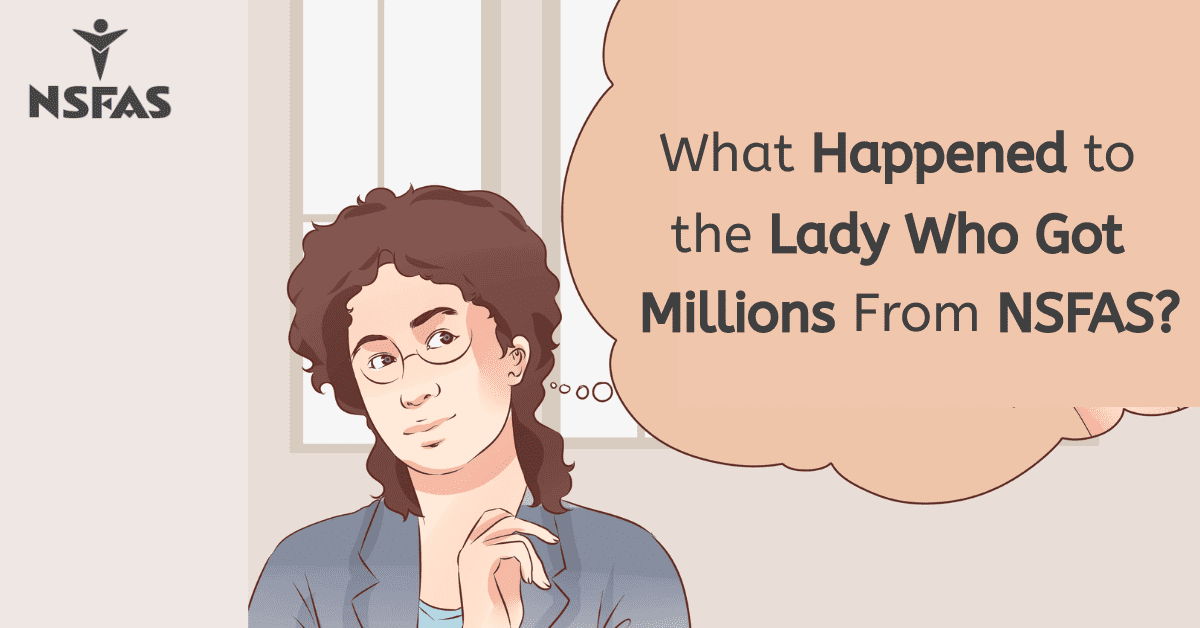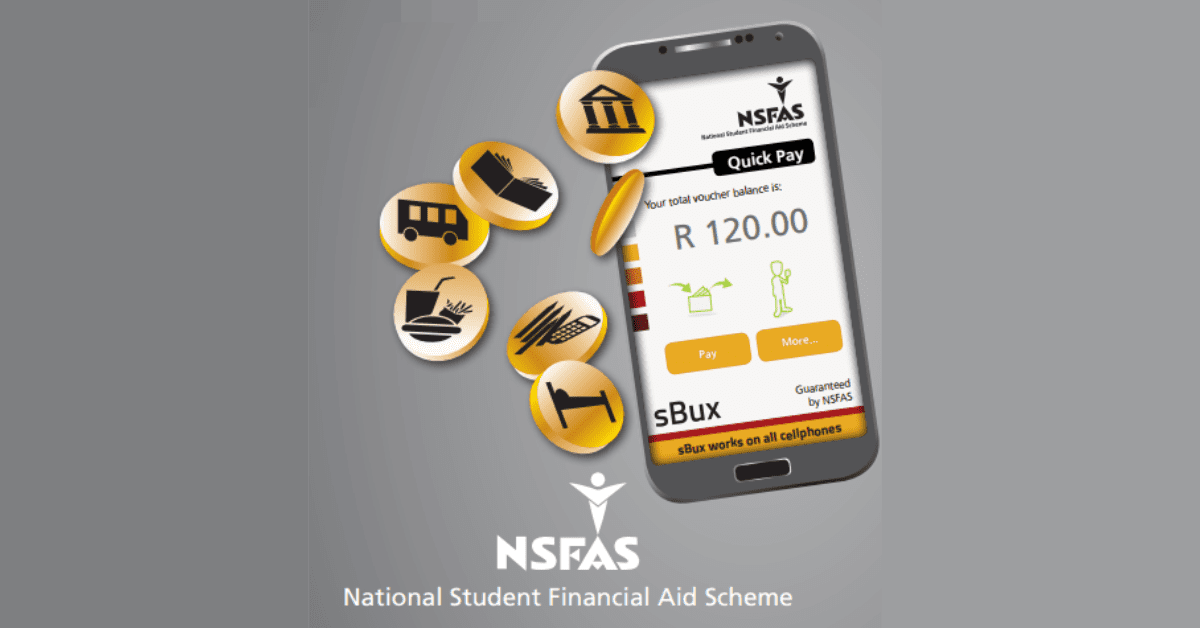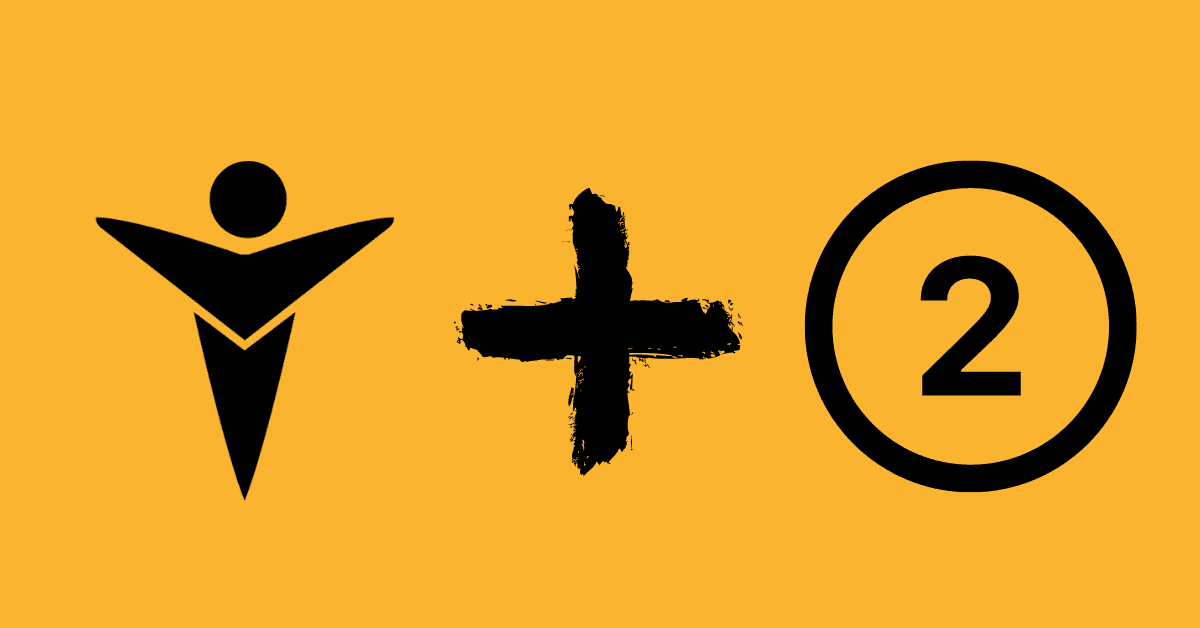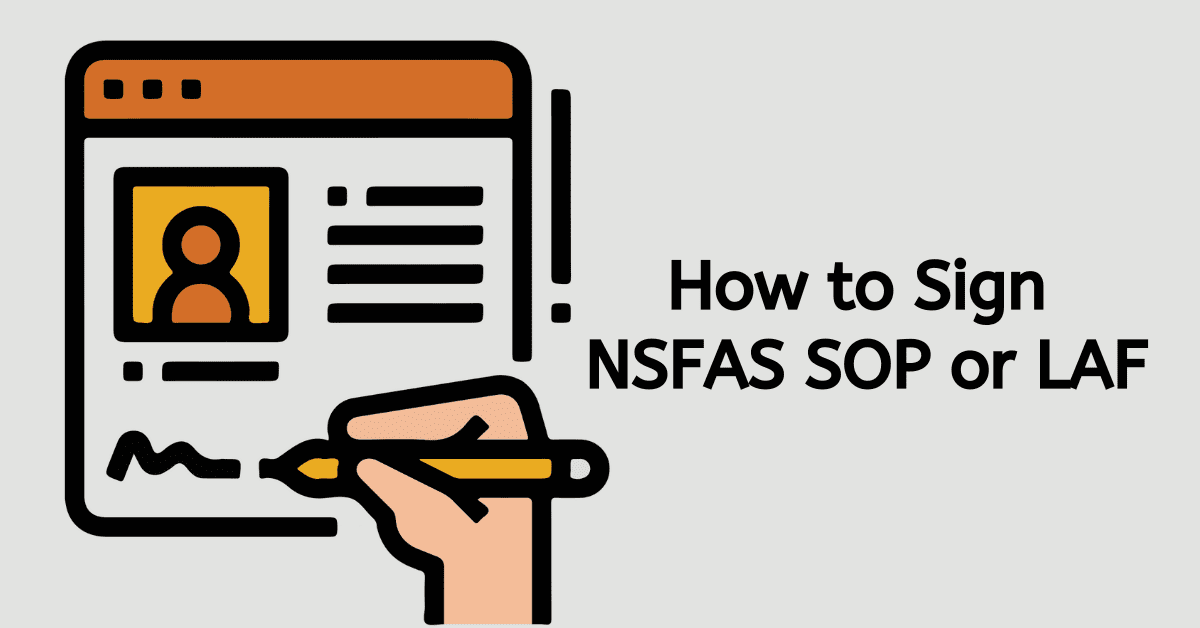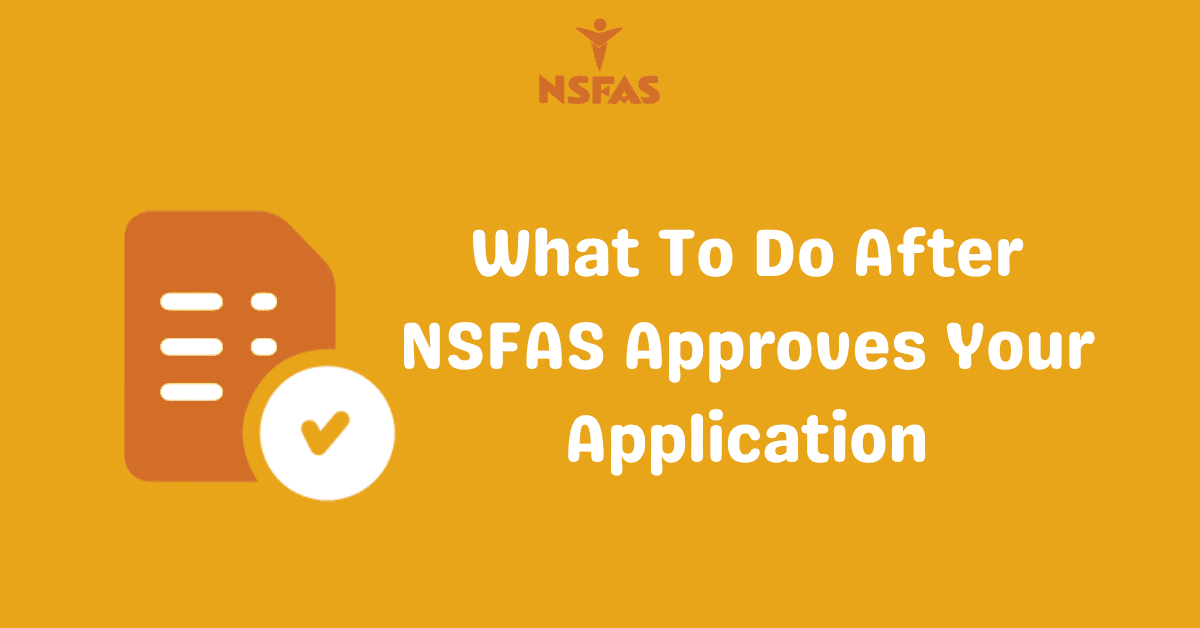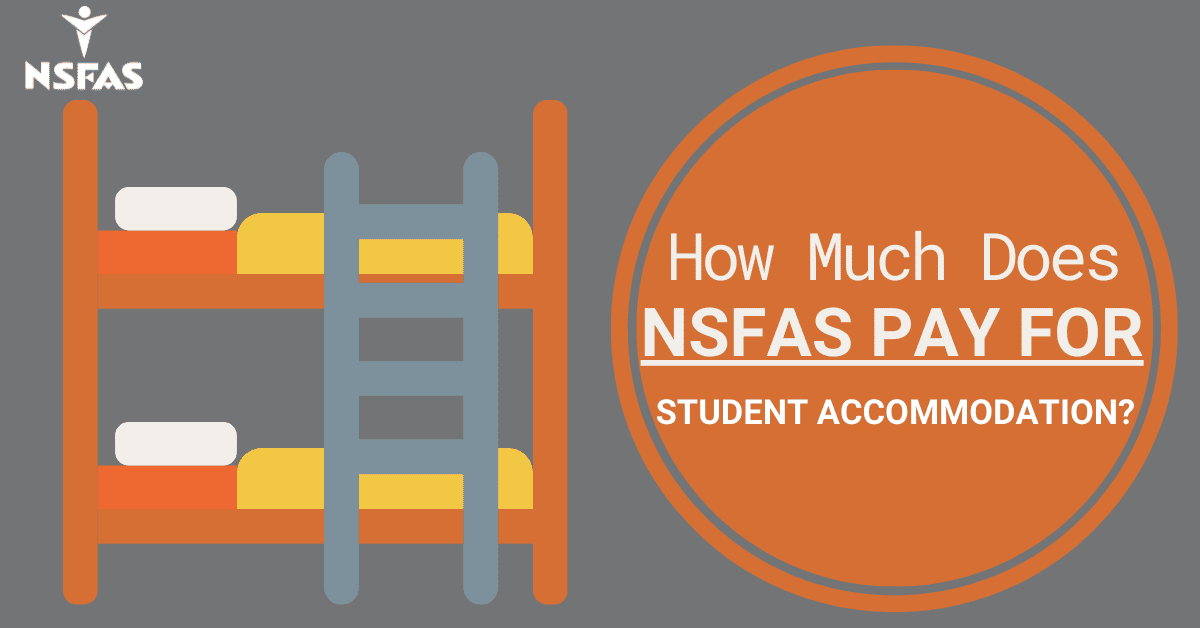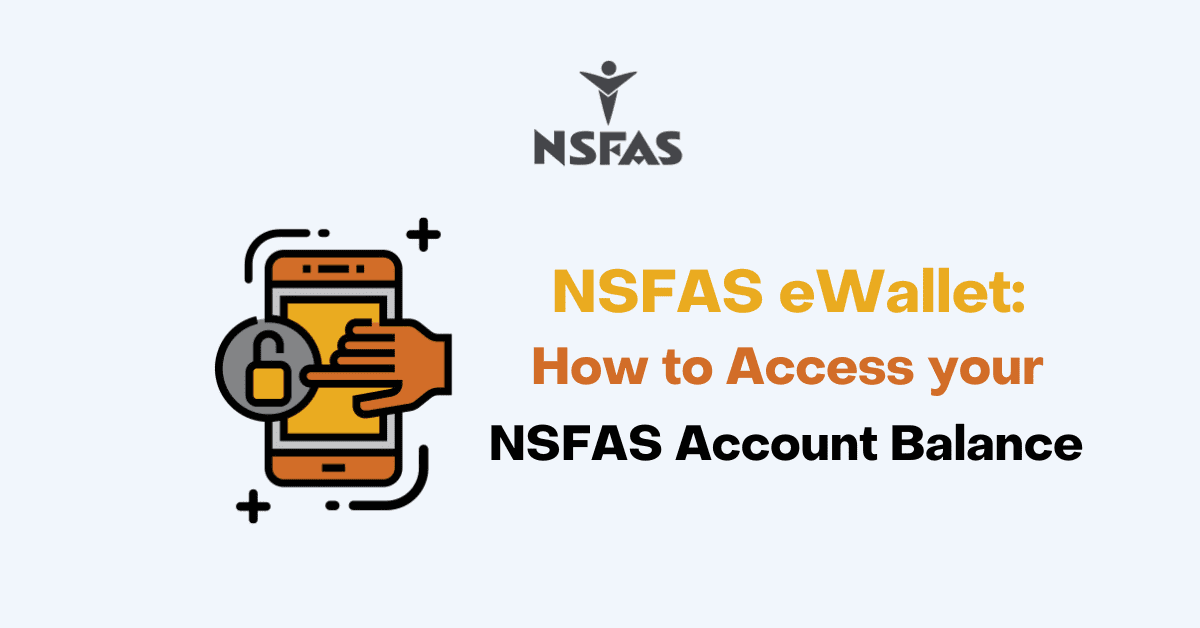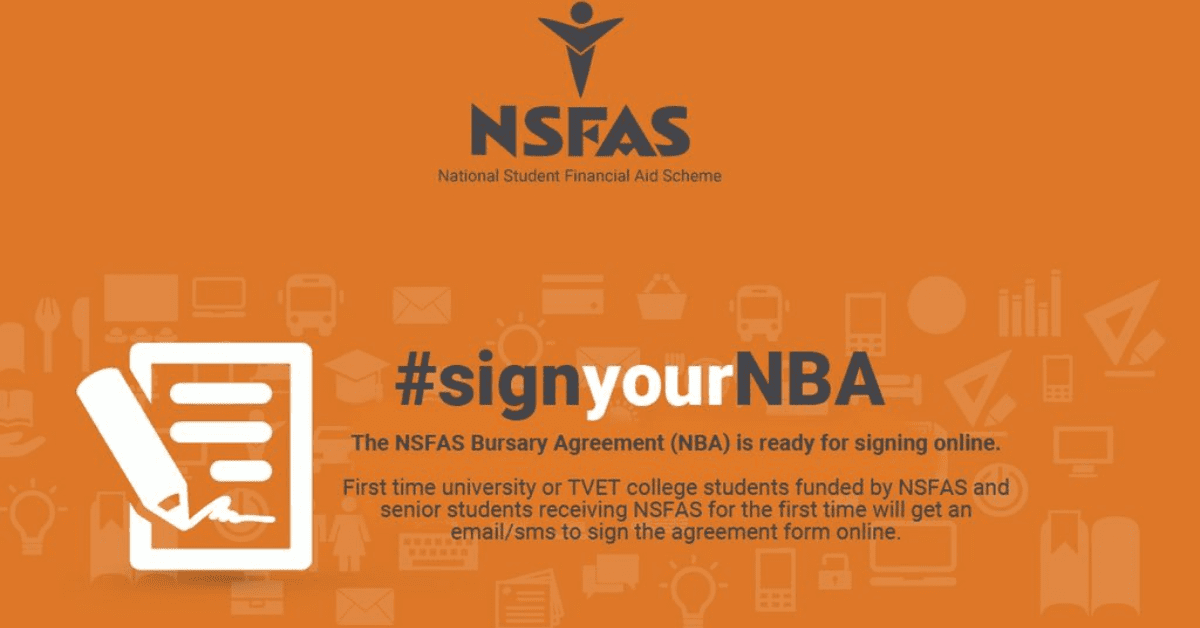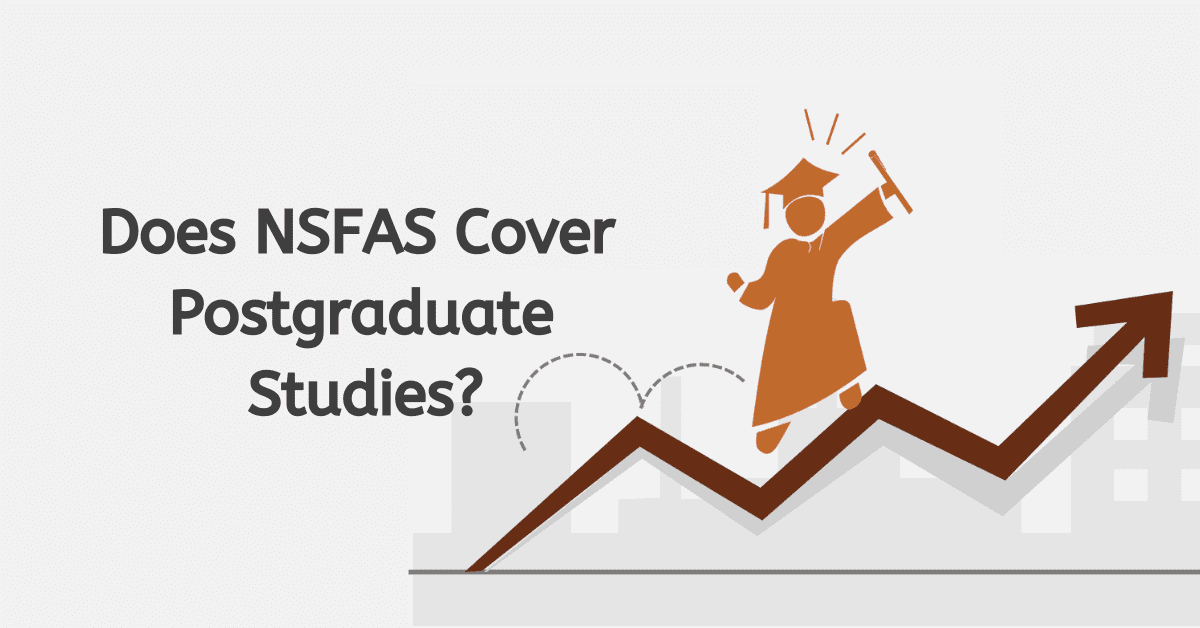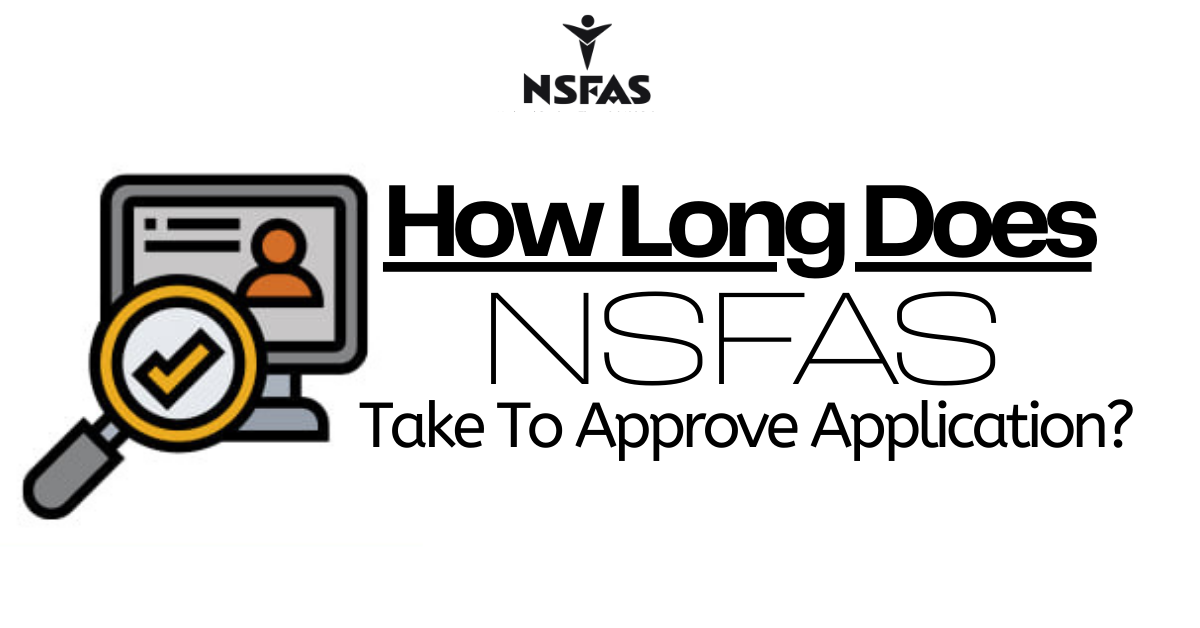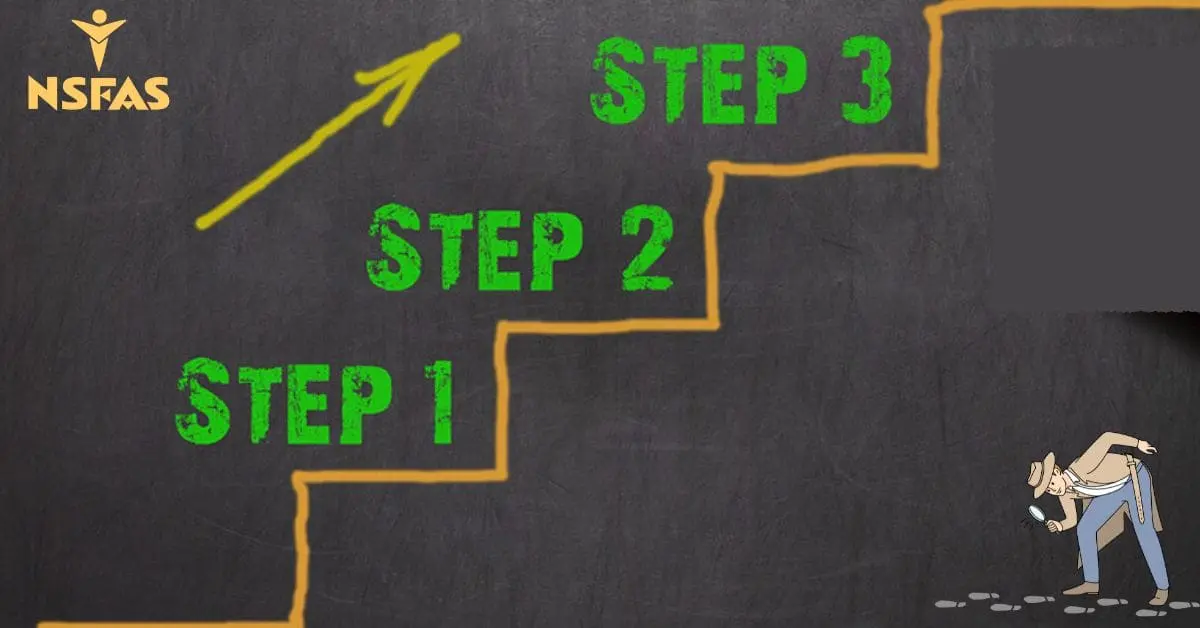NSFAS acts as a bulwark against the low levels of tertiary education in the future by providing a lifeline to those who without it, wouldn’t have the means to further their education beyond high school.
And keeping in the spirit of educational assistance, this article is here to help you find out how many years NSFAS funds a student.
How many years does NSFAS fund a student?
In order to help prospective beneficiaries complete the duration of their chosen course within a reasonable timeframe, the bursary fund pays remittances to students over a period of 5 years.
The number of years that the bursary fund will fund students is based on the average number of years most university courses can be completed.
Officials within the department of higher education have also taken into consideration the credits needed at the end of a specific course for that course to be considered as complete.
This, with each level of study equating to 120 credits per academic year, would mean that NSFAS’s five-year duration period for funding covers the 480 credits needed to pass a 4-year degree, with an additional year added on in the case of modules failed.
Can NSFAS fund me after 5 years?
NSFAS and the bursary scheme it provides to disenfranchised students is designed to fund the entire academic tenure of prospective beneficiaries.
The majority of courses offered at South African universities for full-time students require four years to be completed.
Making five years a realistic timeframe in which a prospective student can be expected to complete a course.
Yet, for a number of reasons, the academic tenure of many students ends up surpassing the stipulated 5 year funding period that NSFAS offers its beneficiaries.
And in cases such as this, NSFAS will continue to fund you for an extra two years based on the N+2 rule.
Two being the number of years that NSFAS will continue to fund you beyond the stipulated tenure of your course to redo certain modules or subjects.
Will NSFAS fund me if I fail a year?
Yes, NSFAS does continue funding students who fail an academic year with the caveat that they pass at least 50% of their modules.
Thus being funded by NSFAS in the event that you do fail is contingent on how many modules you fail versus how many you pass.
Should you fail to pass any of your modules or achieve the required 50% threshold for your modules in a given year, NSFAS will terminate your funding in accordance with their terms and conditions.
Does NSFAS fund you if you change course?
For NSFAS to meet its criteria and mission of addressing the socioeconomic conditions in South Africa through the production of skilled laborers in higher institutions, a number of possible funding situations were considered.
One of those scenarios being whether NSFAS should continue funding a student who changes courses. The answer to this is yes; NSFAS will fund you if you change course.
Although by changing courses whilst being a beneficiary of the bursary scheme, NSFAS will re-evaluate your funding to check whether you’re still eligible for funding at your new institution.
You also won’t get your monthly allowances from NSFAS until your institution sends your course registration to NSFAS.
Thus changing courses is not recommended if your financial situation doesn’t give you the opportunity to go without a monthly allowance for extended periods of time.
Can NSFAS fund you for a second degree?
Unfortunately, NSFAS does not give funding to students who have already studied at a university or those who have obtained prior university qualifications.
NSFAS is reserved for first-time students embarking on their first year of study at an institution of higher education.
Exceptions are made, however, for students who were recipients of the bursary scheme at a TVET college and now wish to further their careers at a university of their choosing.
NSFAS does also make the exception of funding postgraduate courses in cases where a second qualification is a necessary requirement for employment.
By applying to the National Research Foundation (NRF), certain postgraduate studies such as B Tech courses and postgraduate courses in Education, Accounting and Law are funded via NSFAS.
Although it is important to note that the approval rate for funding applications in this regard tends to be extremely low.
